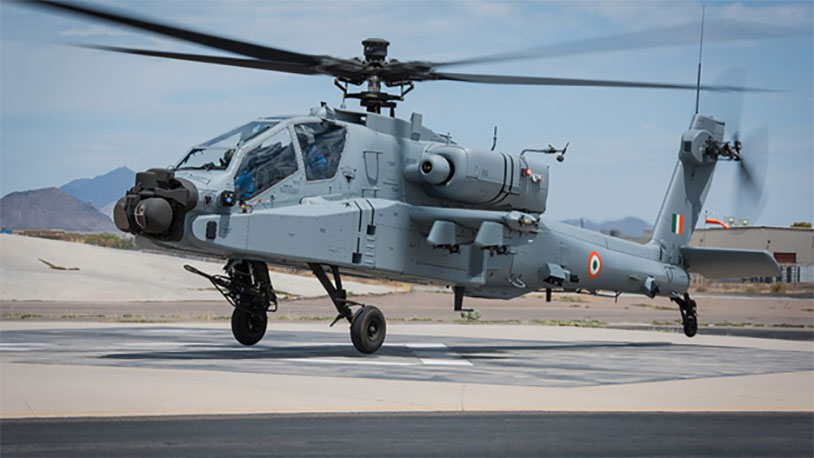Had a very enriching chat with Gaurav Arya on a crucial topic.
We talked about:-
Inter-service Coordination.
PLAAF Vis-a-vis USAF
PLAAF Vis-a-vis IAF
China’s fifth generation aircraft.
Fifth gen ac comparison.
Stealth Technology.
IAF authorised fighter aircraft strength.
IAF capability Building.
Minimum Deterrence level.
Loyal wing man concept
Generations of fighter aircraft.
China and Pakistan: export of fifth gen ac.
Atmanirbharta.
Draw down mitigation plan.
Defence production echo system.
Balanced capability enhancement.
Procurement from USA vs Russia.
Possibility of F 35 Procurement.
& many more aspects related to capability building
Click on the link to check it out:-
Your valuable comments are most welcome.
For regular updates, please register your email here:-
References and credits
To all the online sites and channels.
Disclaimer:
Information and data included in the blog are for educational & non-commercial purposes only and have been carefully adapted, excerpted, or edited from reliable and accurate sources. All copyrighted material belongs to respective owners and is provided only for wider dissemination.


